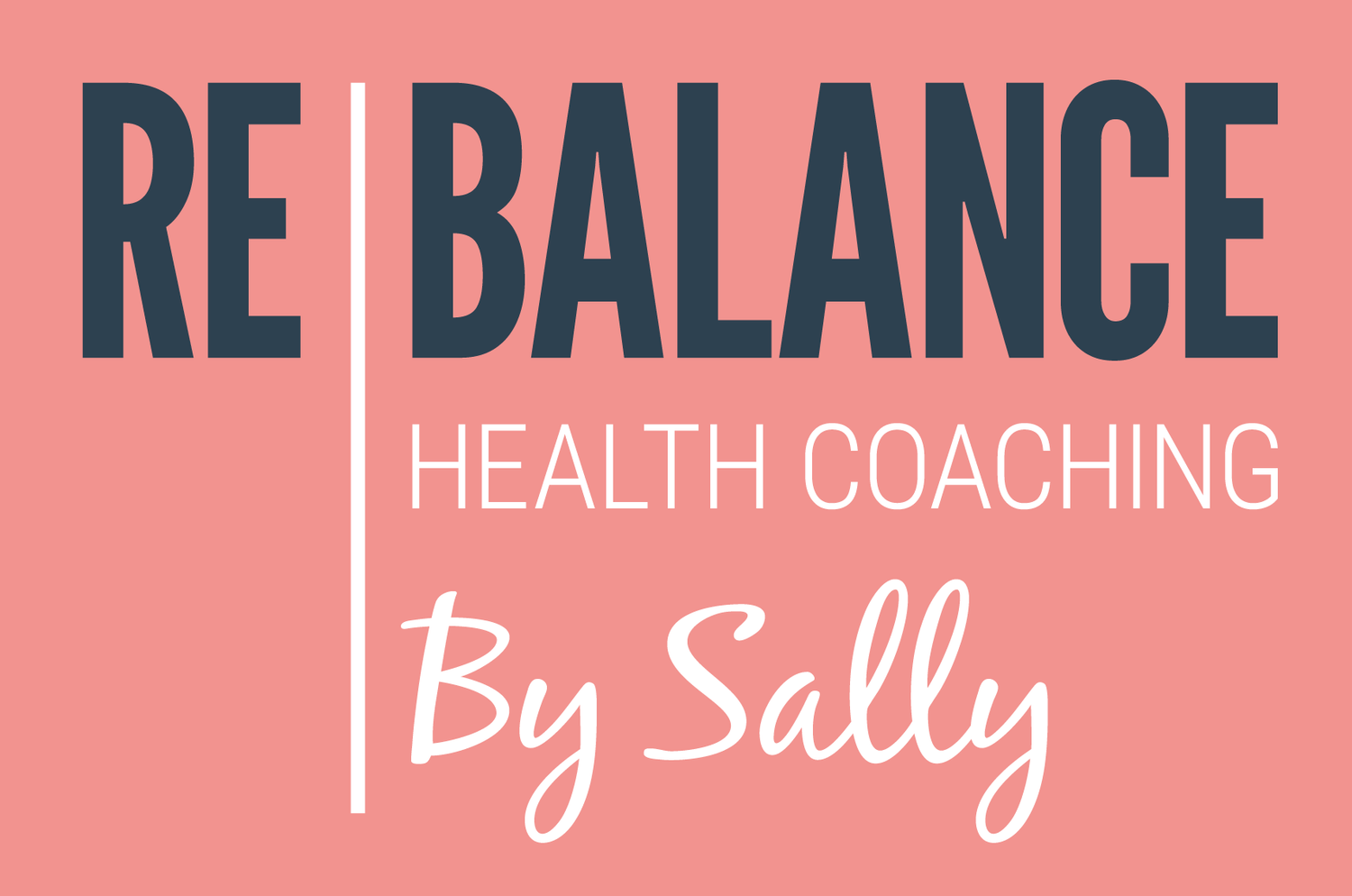How do i know if i’m in perimenopause?
For most of us Gen X women we didn’t have any education at school about menopause or perimenopause and it was always a taboo subject not even spoken about with your Mum. If we’re honest, until 3 or 4 years ago most of us hadn’t even heard of the word perimenopause!
Midlife can be a confusing stage of life. You might still be getting regular periods but also experiencing changes in mood, sleep, body shape, skin, hair, nails, the list is endless and you generally just don’t feel yourself anymore. Many women start with perimenopause symptoms and don’t realise this is the cause or get misdiagnosed.
Thanks to some inspirational women like Davina McCall, Dr Louise Newson, Carolyn Harris MP and Meg Mathews, who are leading the menopause revolution, menopause is finally now being talked about in public. There is a lot more information now available and you shouldn’t suffer in silence.
What is Perimenopause?
Menopause is the day when your periods have stopped for 12 months. Perimenopause is the time running up to menopause when your body makes its natural transition. The length of perimenopause varies for each woman with the average being 4 years but it can be much longer or shorter.
For most women perimenopause begins between age 40 and 45 and according to the British Menopause Society the average age of menopause in the UK is 51.
What are the symptoms of perimenopause?
Astonishingly, there are more than 40 different symptoms of perimenopause and menopause. Each woman will have a different experience of menopause and some women won’t have any symptoms at all. However up to 80-90% of women will have some symptoms, with 25% describing them as severe and debilitating*
According to the NHS, the first signs of perimenopause are usually, but not always, a change in the normal pattern of your periods. The length of your periods may become shorter by a day or 2, the time between each period may become shorter or longer and your periods may become lighter or heavier than before. Eventually you will stop having periods all together.
You might start to feel tired and frequently have mid afternoon slumps. Your memory might not seem to be as sharp as it was before. Do you walk into a room and not remember why?! You might find it hard to concentrate at work and are easily distracted. Maybe you struggle to have a full night’s sleep either finding it hard to go to sleep or waking up at 3am and not being able to go back to sleep. You might be experiencing hot flushes or waking up dripping wet from night sweats. Are you eating exactly the same as you’ve always eaten and doing the same exercise as before but you’re now gaining weight, especially around your middle?
75% of women are affected by hot flushes
84% find sleeping difficult
7 out of 10 women experience joint pain
69% struggle with anxiety or depression
52% lost confidence
7 out of 10 experience brain fog
61% lost motivation
44% of women will experience 3 or more symptoms that are severe
Perimenopause is a gradual process of transition and symptoms may vary through the month and over time. Every woman is different and therefore needs a personalised, tailored approach. You shouldn’t have to suffer and there are natural holistic approaches that can help improve your perimenopause.
Am I in perimenopause?
If you’re over 35 and have some of these symptoms then most likely you are in perimenopause. In most cases there is no one definitive test to diagnose perimenopause or menopause. Hormones fluctuate throughout the month and from month to month therefore a blood test taken on a single day is not representative. Do consult your GP or health provider to get a diagnosis and to rule out other causes of these symptoms.
Don’t suffer in silence
Perimenopause and menopause can have a big impact on your life, your relationships, your work and your confidence. If you’d like to know more about natural approaches to improving perimenopause symptoms through diet and lifestyle changes, please get in touch.
*Source: British Menopause Society – Tools for clinicians. Published October 2021
** Survey of 4000 women age 45-55 commissioned by Channel 4 for Davina McCall’s Sex, Myths & The Menopause. Data analysed by the Fawcett Society


